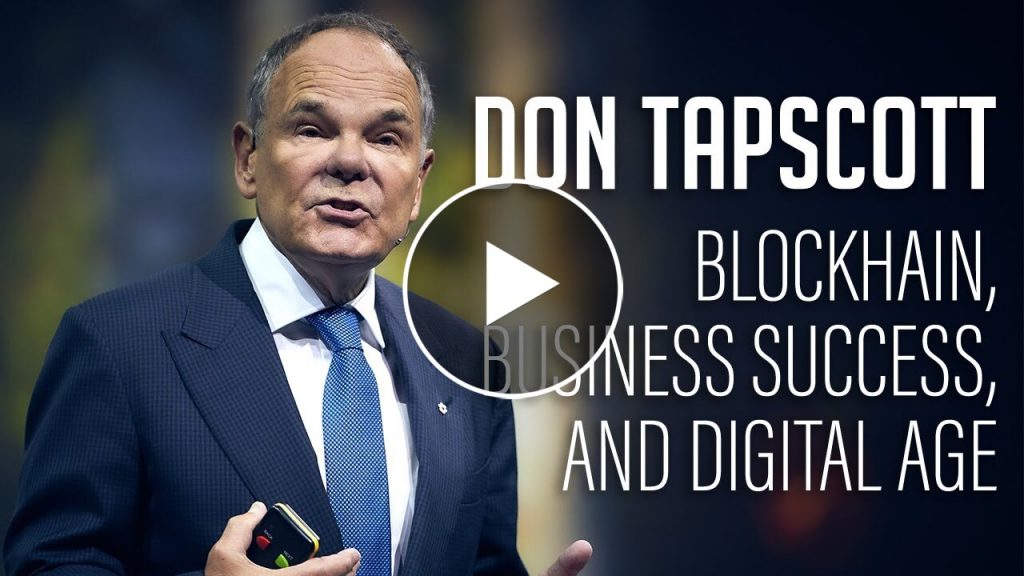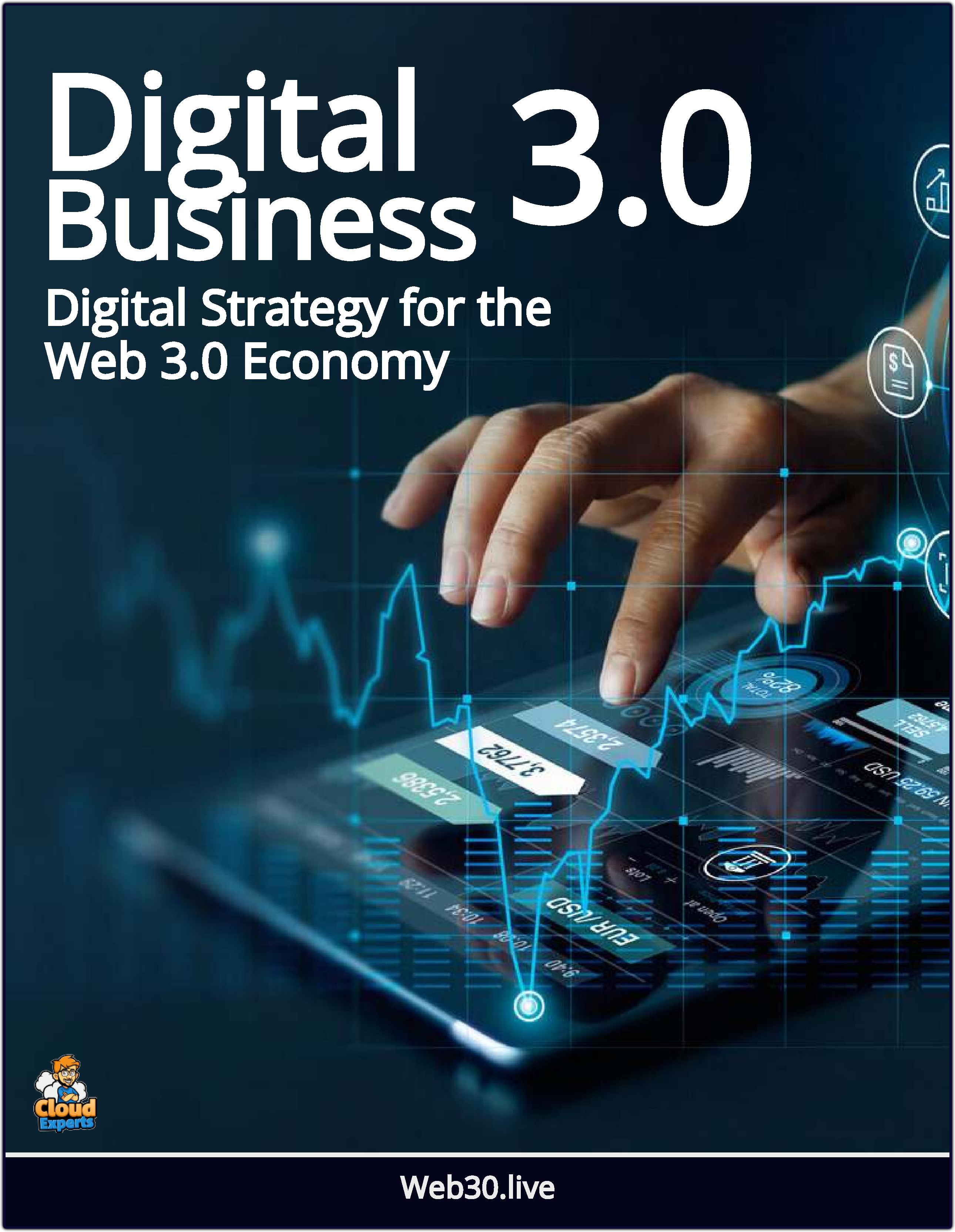THOUGHT LEADERSHIP SERIES
Blockchain and the Digital Age
Web 3.0 is the next generation of the internet, characterized by decentralized networks, artificial intelligence, and advanced data analytics.
Web 3.0 utilizes blockchain and decentralized technologies to remove intermediaries, enhance security, and enable peer-to-peer commerce, giving rise to a virtual reality space where users can interact with each other and digital assets in a shared environment.
It will revolutionize the online user experience by giving individuals more control, privacy, and security over their online interactions and data, as well as fostering a more decentralized and open internet.



